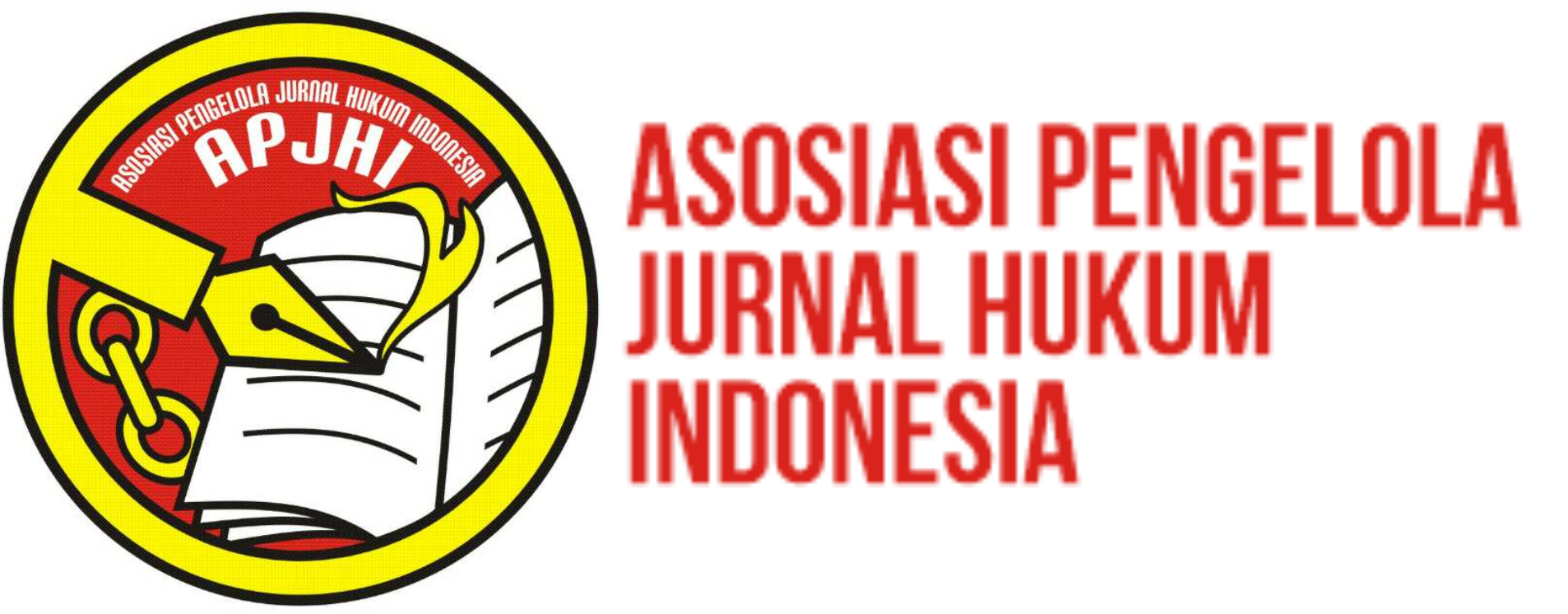Pemberian bantuan hukum oleh posbakum kepada masyarakat kurang mampu dalam perkara pidana
Abstract
The formulation of the problem in this research is what are the obstacles faced by the Legal Aid Post to provide legal assistance to underprivileged people in criminal cases at the Lhokseumawe Class 1 B District Court and what efforts are made by the Legal Aid Post when overcoming obstacles to the implementation of providing legal aid to underprivileged people in criminal cases at the Lhokseumawe Class 1B District Court.
This type of research is an empirical juridical research, namely an integrative and conceptual method of analysis to identify, process and analyze documents to understand the meaning, significance, and relevance that produces descriptive data in the form of written or spoken words from the people or observed behavior.
The results showed that the obstacles faced by Posbakum in providing legal assistance to the underprivileged were the delay in receiving the indictment documents submitted by the court for the Note of Defense, the lack of budget, and psychological pressure experienced by the defendant from the start of the BAP to the ongoing trial and the lack of public understanding of the existence of legal aid provided by the State. Efforts made in overcoming obstacles to the implementation of providing legal aid to the underprivileged are requesting an indictment letter from the Bhakti Keadilan Legal Institute, requesting an allocation of funds for the implementation of legal aid for underprivileged people, providing moral support to the defendant and increasing socialization efforts about assistance Law from the State to the people.
It is recommended that the Regional Government and the Aceh DPR be allocated funds to Posbakum to make it more effective and efficient in providing legal assistance to underprivileged people.
Full Text:
PDFReferences
Abdulkadir Muhammad, 2004. Hukum dan Peneitian Hukum, PT. Citra Aditya Bakti, Bandung.
Andi Hamzah, 2004. Asas-Asas Hukum Pidana Edisi Revisi, Rineka Cipta, Jakarta.
Adami Chazawi, 2005, Pelajaran Hukum Pidana Bagian 1; Stelsel Pidana, Tindak Pidana, Teori-Teori Pemidanaan, dan Batasan Berlakunya Hukum Pidana. Jakarta. PT Raja Grafindo Persada.
Amiruddin, 2012. Pengantar Metode Penelitian Hukum, RajaGrafindo Persada, Jakarta.
Abdurrahman dan Soejono. 2005. Metode Penelitian, PT Rineka. Cipta, Jakarta.
Burhan Bugin, 2001. Metode Penelitian Kualitatif Aktualisasi Metode Logis ke Arah Ragam Variasi Kontemporer, RajaWali Pres, Jakarta.
Chlid Narbuko dan Abu Ahmad. 2007. Metode Penelitian. Bumi Aksa, Jakarta.
Erdianto Effendi. 2014. Hukum Pidana Indonesia Suatu Pengantar. PT. Refika Aditama. Bandung
Fakultas Hukum Malikussaleh. 2016. Pedoman Pembelajaran Tugas Akhir, Fakultas Hukum Universitas Malikussaleh, Aceh Utara.
Financial. 2009. Pembiayaan dalam Kamus Lengkap Bahasa Inggris. Pustaka Ilmu:Jakarta
Forum Akses Keadilan untuk Semua (FOKUS). 2012. Bantuan Hukum Untuk Semua. Open Society Justice Initiative:Jakarta
Frans Hendra Winarta. 2000. Bantuan Hukum Suatu Hak Asasi Manusia Bukan Belas Kasihan. Elex Media Komputindo. Jakarta
Frans Hendra Winarta. 2002. Citra, Idealisme Dan Keprihatinan. Elex Media Komputindo. Jakarta
Laporan Tahunan Pengadilan Negeri Lhokseumawe Kelas 1 B Tahun 2018. Aceh.
Lexy J Moleong. 2013. Metedologi Penelitian Kualitatif. PT. Remaja Rosdakarya:Bandung
M. Yahya Harahap. 2007. Pembahasan Permasalahan Dan Penerapan KUHAP;Penyidikan dan Penuntutan. Sinar Grafika:Jakarta Nandang Alamsah D dan Sigit Suseno. 2014. Ruang Lingkup Tindak Pidana Khusus. Pustaka Ilmu:Jakarta
Haughton Jonathan, Shahidur R. Kandker. 2002, Pedoman Tentang Kemiskinan Dan Ketimpangan. Salemba Empat, Jakarta.
Rasyid Ariman dan Fahmi Raghib. 2016. Hukum Pidana. Setara Press: Malang.
P.A.F Lamintang dan Djisman Samosir, 1981, Delik-Delik Khusus Kejahatan Yang Ditujukan Terdapat Hak Milik, Tarsito, Bandung.
Soerjono Soekanto. 1983. Bantuan Hukum Suatu Jaminan Tinjauan Sosio Yuridis.Ghalia Indonesia:Jakarta
S.R Sianturi. 1998. Asas-Asas Hukum Pidana dan Penerapannya di Indonesia Ahaem Pthaem:Jakarta
Sudikno Mertokusumo. 2016. Hukum Pidana Edisi kelima, Liberty:Yogyakarta
Sutopo. 1998. Metodelogi Penelitian Hukum Kualitatif Bagian II, UNS Press:Surakarta
T. O. Ihromi. 2000. Antropologi dan Hukum. Yayasan Obor Indonesia: Jakarta.
Tongat, 2002. Dasar-Dasar Hukum Pidana Indonesia Dalam Perspektif Pembaharuan. Universiatas Muhammadiyah Malang Perss.
Kitab Undang-Undang Hukum Acara Pidana (KUHAP)
Peraturan Gubernur Aceh Nomor 10 Tahun 2019 Tentang Petunjuk Pelaksanaan Dan Teknis Pemberian Bantuan Hukum Fakir Miskin
Undang-Undang Nomor 16 Tahun 2011 Tentang Bantuan Hukum
DOI: https://doi.org/10.29103/jimfh.v4i2.4129
 Article Metrics
Article Metrics
 Abstract Views : 289 times
Abstract Views : 289 times
Refbacks
- There are currently no refbacks.
Copyright (c) 2021 Nelsa Rinanda, Sumiadi S, Zul Akli

This work is licensed under a Creative Commons Attribution-ShareAlike 4.0 International License.
Universitas Malikussaleh
E-ISSN : 2798-8457



